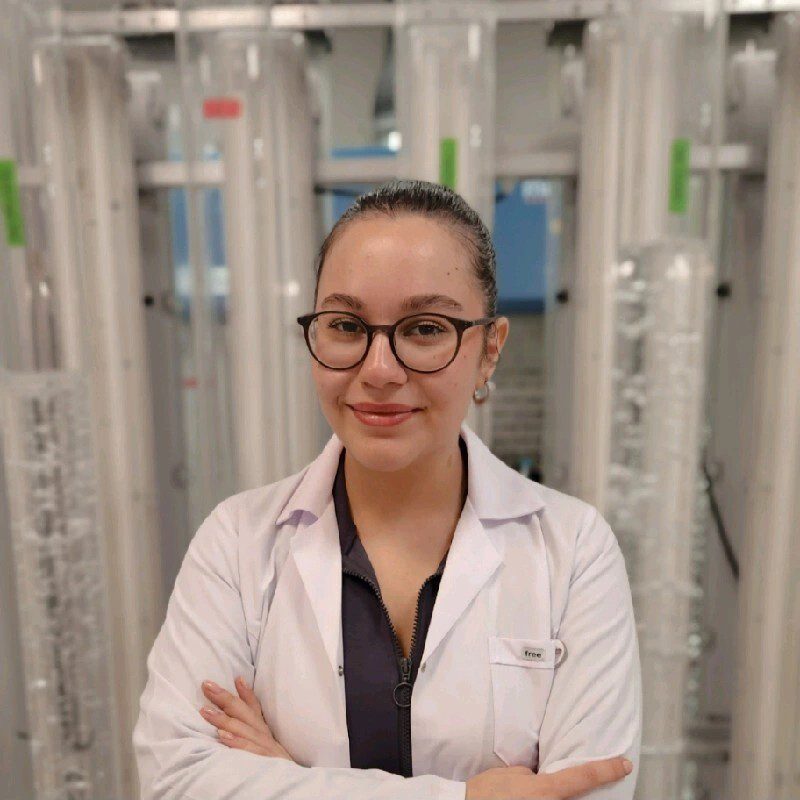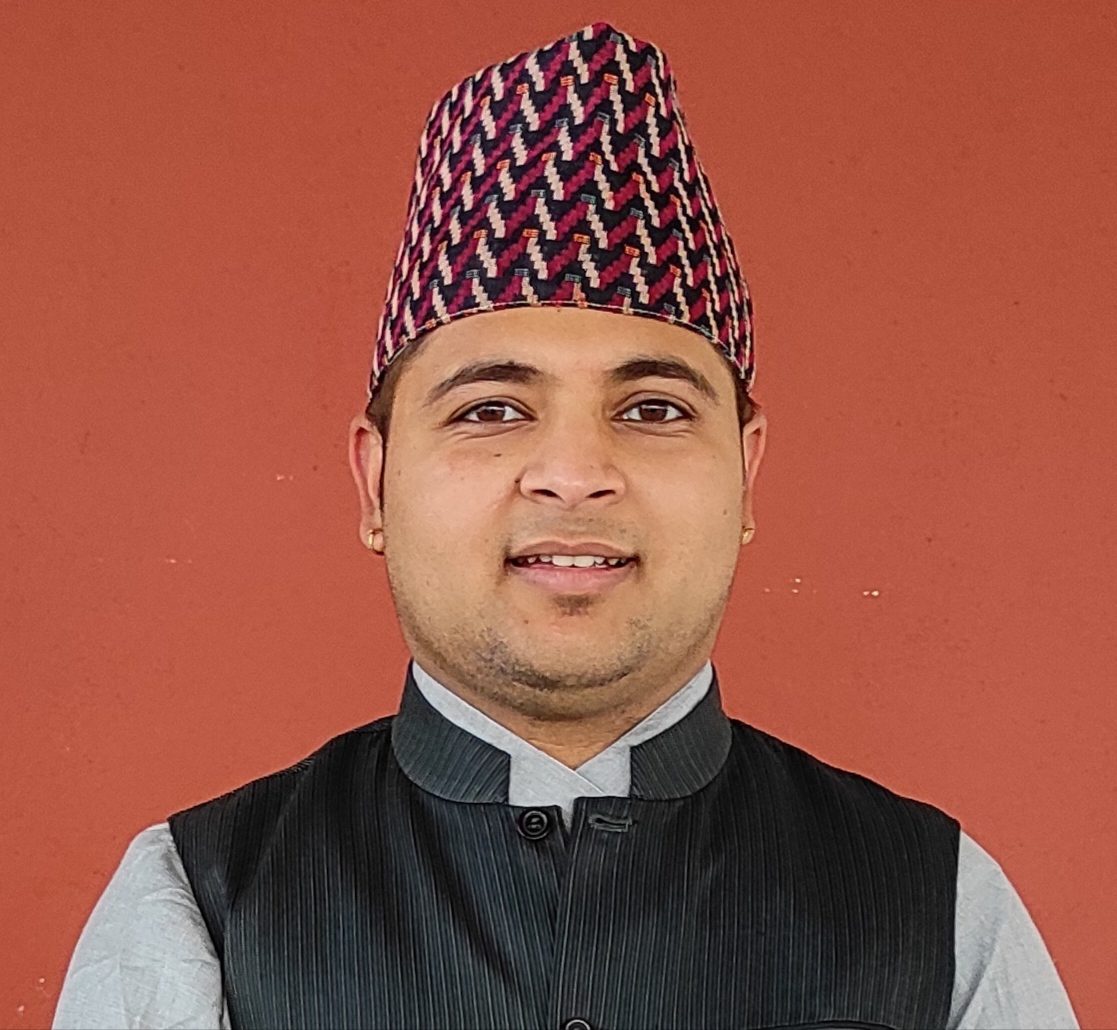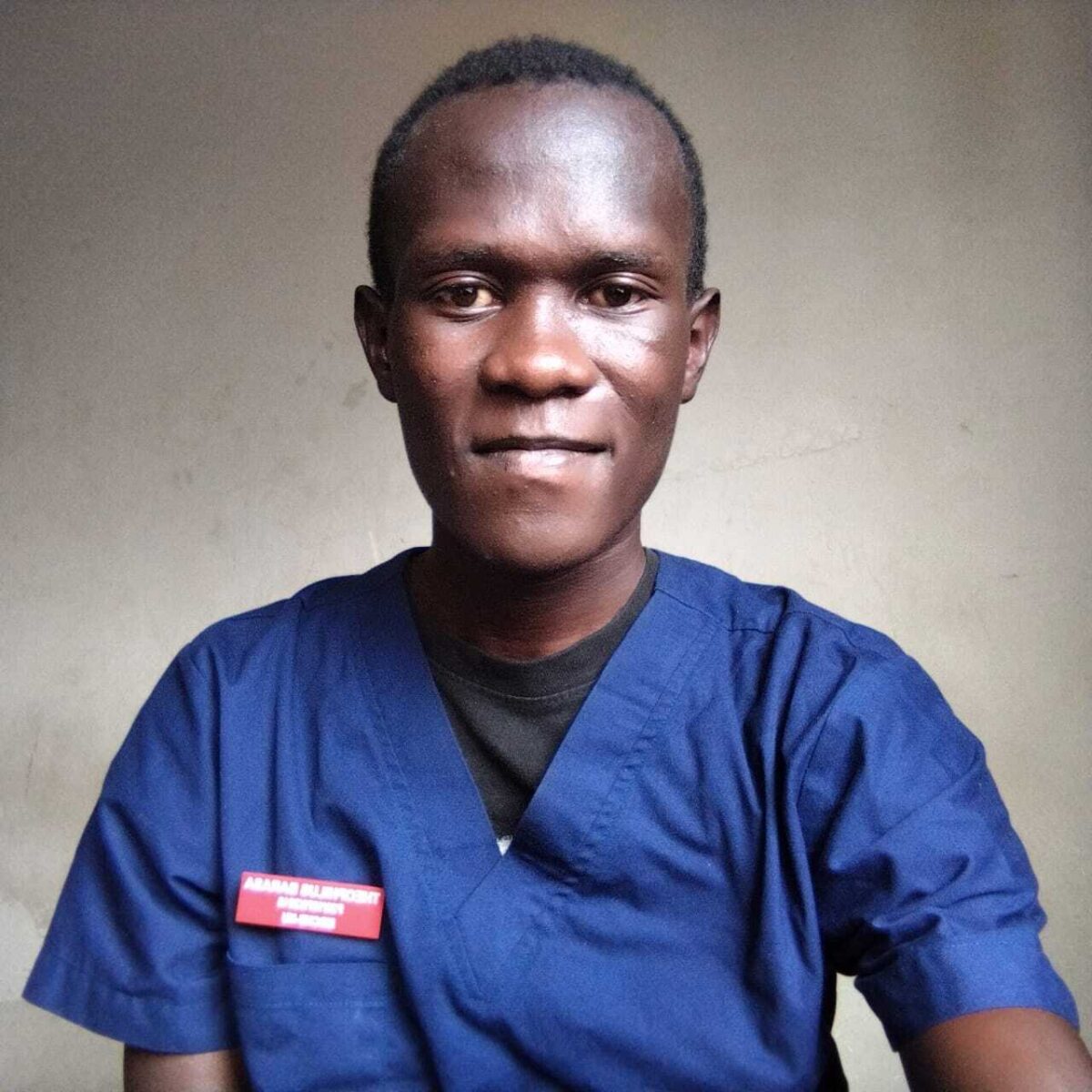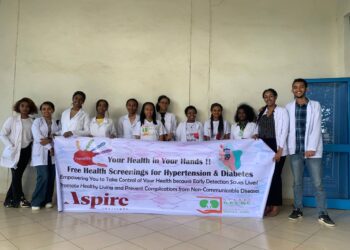Aspire Institute launched the STEAM Fellowship program this year and selected three alumni as fellows for a year-long journey of research, academic advancement, and expert mentorship in their field. Over one year, our fellows have developed innovative research projects in their communities. The fellowship will culminate in a fully funded leadership institute hosted by Aspire Institute’s Global Partner, Mountaintop International, at Harvard University’s prestigious Edmon & Lily Safra Center for Ethics. This immersive experience enables fellows to build international networks, strengthen their leadership capabilities, and emerge ready to drive innovation in their fields.
Learn more about the inspiring work of the 2024 fellows below.

Nisa Turgut
ALP ’23
Turkey
Leveraging Computational Techniques to Combat Malaria
After witnessing friends suffer from malaria, Turgut felt inspired to pursue this research with the hope of contributing to global efforts aimed at improving malaria diagnosis, treatment, and eradication.
Her research reviewed the epidemiology, transmission, and life cycle of malaria, particularly in sub-saharan Africa, focusing on utilizing computational techniques rather than typical diagnostic methods. Key findings included the transformative potential of these approaches. For example, neural networks demonstrate remarkable accuracy in diagnosing infected blood samples and K-Means clustering improves image segmentation in blood smear analysis.
She plans to expand this research by investigating other novel approaches such as integrating machine learning with molecular data to identify new drug targets. Ultimately, the goal is to influence health strategies and foster sustainable solutions for malaria-endemic regions.

Prajjwal Dhungana
ALP ’23
Nepal
Nexus Between Climate Vulnerability and Migration
Inspired by a New York Times article about migration caused by water shortages, Dhungana researched the impact of climate vulnerability on migration in Nepal. His research examined national migration patterns using both household and climate data.
Dhungana’s findings revealed that extreme temperatures and increased rainfall significantly influence migration, particularly in vulnerable regions like the Mountain and Terai areas. His research also found that Nepalese households relying on rain-fed agriculture were among those most vulnerable. Dhungana emphasizes the need for policies that address climate change and migration in Nepal, as well as strategies for implementation of these policies.
Dhungana plans to revise and submit his research for publication.

Theophilus Barasa
ALP ’23
Kenya
Assessment of Neonatal Care Practices at a Level 5 Hospital
Barasa’s goal was to assess neonatal care practices at a Level 5 hospital in Kenya while determining the feasibility of implementing the “At-Risk” model for newborn care.
His study found that while essential newborn care was largely well-executed, issues such as overmedicalization, understaffing, incorrect antibiotic dosing, and a shortage of essential medicines persisted. Barasa hopes his study will spark global discussions on alternative care models to reduce neonatal mortality and contribute to policy improvements in newborn care.




